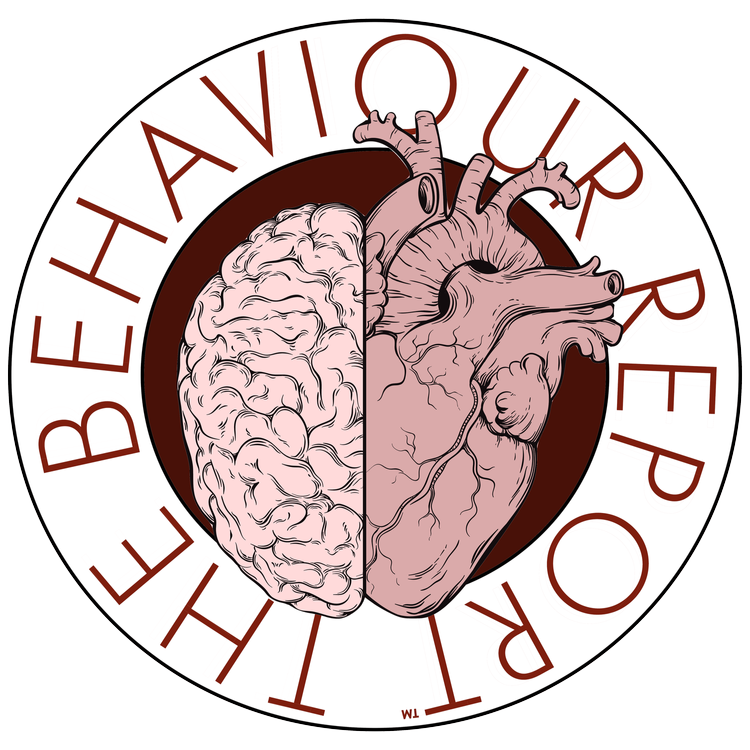Kieran Flanagan @ThinkKieranF
Something strange seems to happen when the word ‘presentation’ is uttered. Normal, rational, clever people who can hold a conversation, engage a group in a discussion and lead a team or company change. They go on stage at a roadshow, town hall or company gathering and suddenly we don’t know them. It’s a bit like someone standing next to an overly retouched photograph of themselves, it’s terribly awkward because we don’t recognise them. Who are you?
It seems using the word presentation triggers a peculiar response in many of us, one that isn’t good.
People become someone else and often not a better version. They replace their individuality with their idea of a speaker. It doesn’t work and it leaves us all uncomfortable.
The trick is to be you, amplified.
Be you (on a good day).
Your job when you take the stage is you dialled up a little. Not you playing someone else. Not you trying to follow an eighties formulaic, ‘here’s how to do a speech program’. There are a myriad of speaker types that are effective and powerful. The trick is to know your natural style and amplify its assets.
Perfection is suspicious.
Human beings have exquisite inbuilt BS detectors. Beep, beep, beep! We can tell when someone isn’t being themselves and we unconsciously do not believe them. Robot like renditions of speeches are awkward for everyone. Overly nice, warm, enthusiastic, dramatic or emotional speeches make us mistrust you. It’s ok (and often better) to be charmingly imperfect on stage.
Own your ‘flaws’.
I was once giving some advice to an amazing woman who was a little concerned about presenting to a corporate audience because she swore a lot, as in every sentence or two! I said to her that you need to let the audience know about it and gain their permission rather than launch into a verbal assault. She was perfect. She stood up and said “Hi, I’m Maz and I have to warn you. I ‘f word’ swear all the ‘f word’ time, but I think it is ok because I have an ‘f word’ posh accent and it sounds rather ‘f word’ ok. The room laughed and loved her immediately. There was not one complaint about her ‘colourful’ language. She owned her ‘flaw’ and shared it with her audience and so should you.
Stick to a structure, not just a script.
The key to a powerful presentation is structure, not necessarily a script. Some people do script things word perfectly and have the time and energy to rehearse enough to learn it that way. But for most people a script is debilitating. They spend too much time and energy trying to be word perfect and it costs them performance and engagement. If your audience can see you thinking and trying to remember you will lose connection.
It is better to create a good logical structure that allow both you and the audience to follow along easily. Knowing what you are saying, why you are sharing it, why it matters to the audience, how it is going to happen and what you are ultimately asking them to do allows you to plan out your speech and still maintain enough freedom to be in the moment too. Which is ultimately what is important. A presentation is not a one way thing, the audience is part of it and having some room to respond and connect with them is important.
